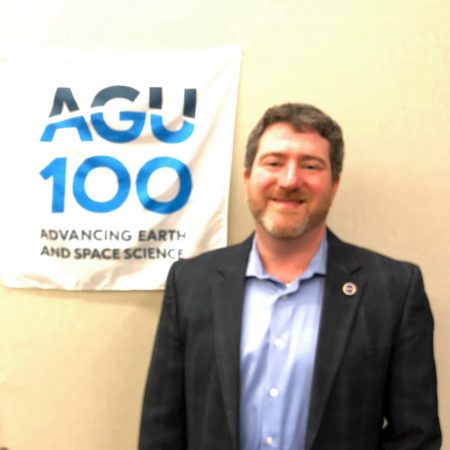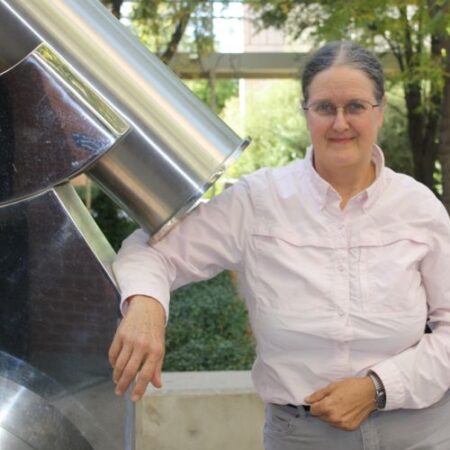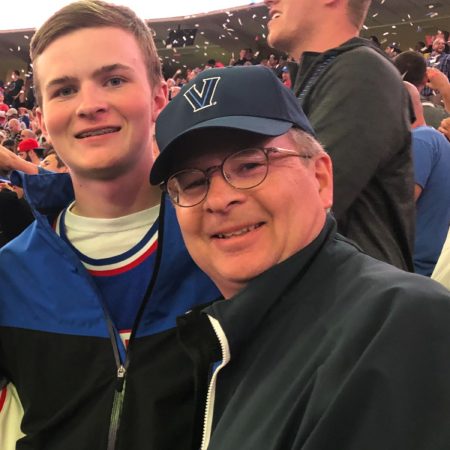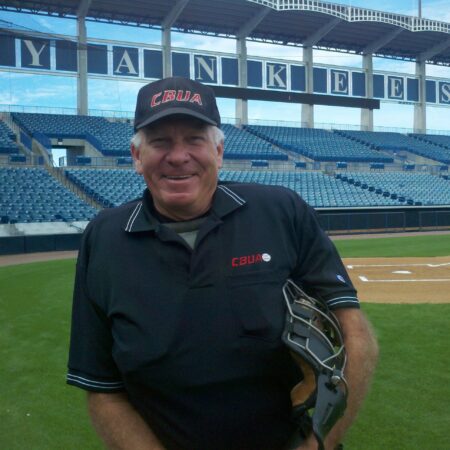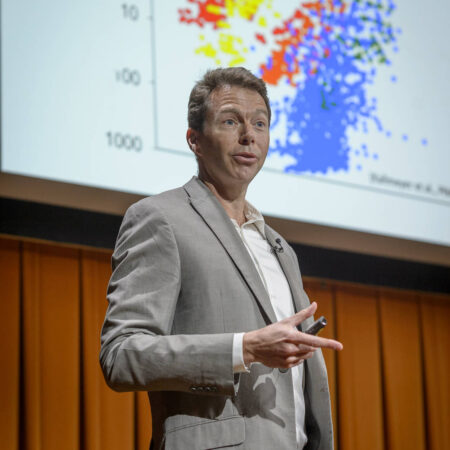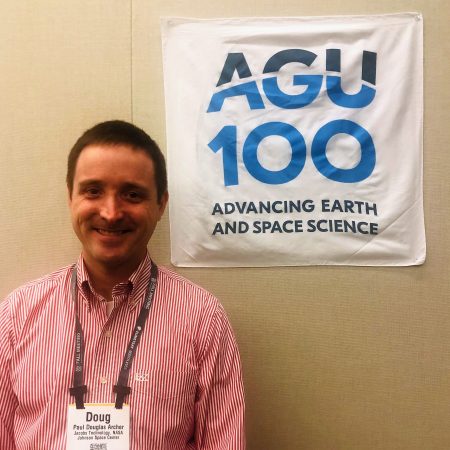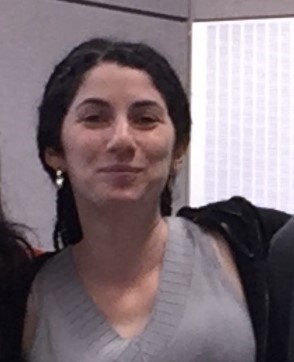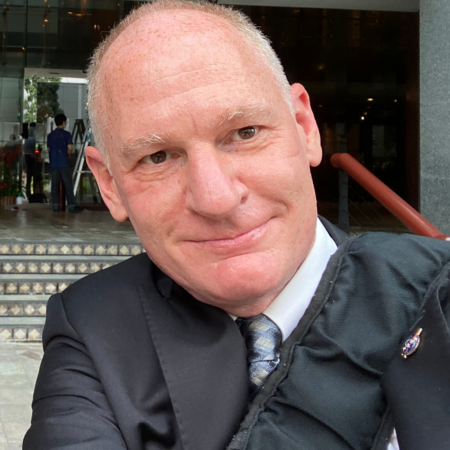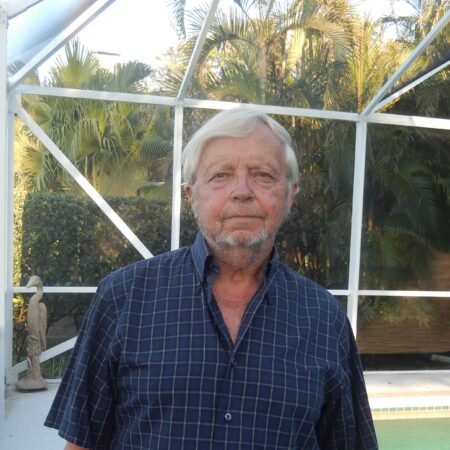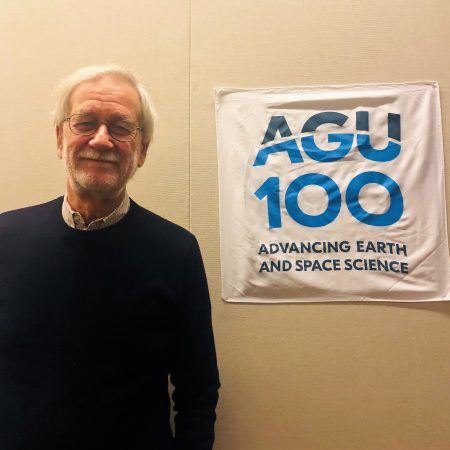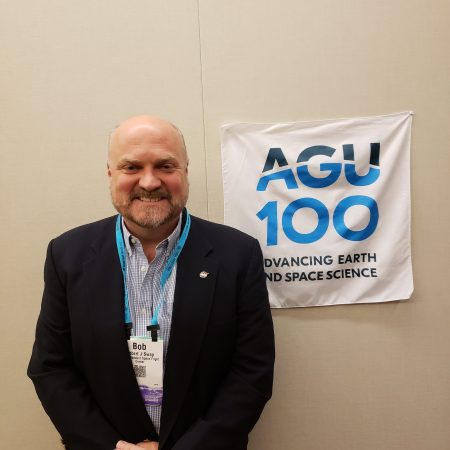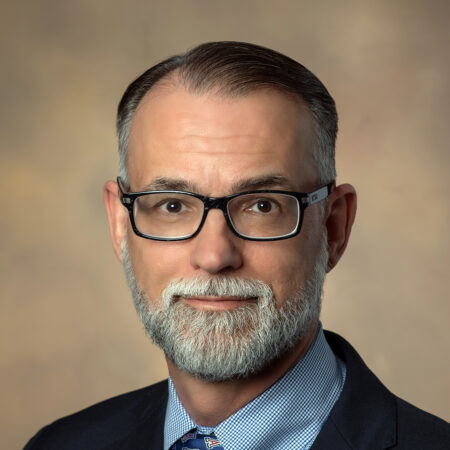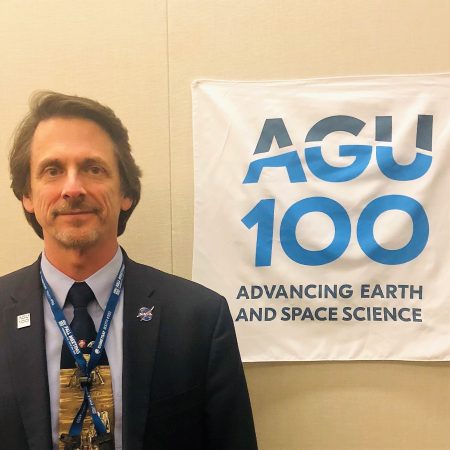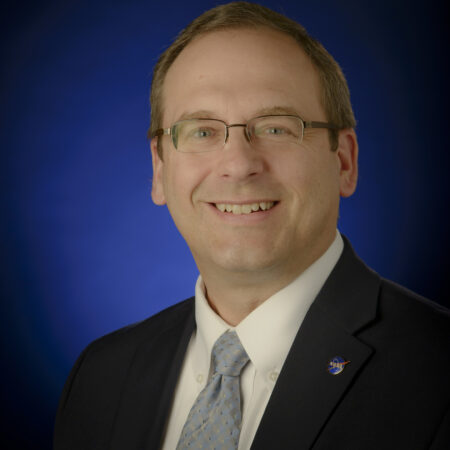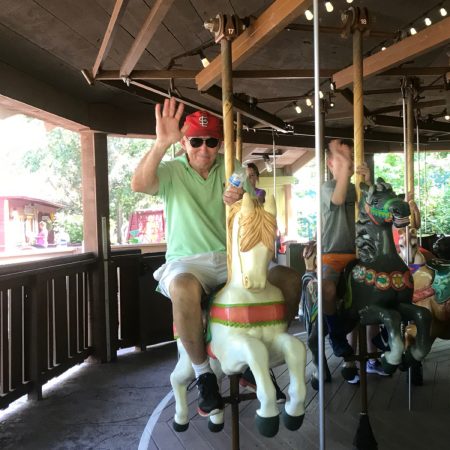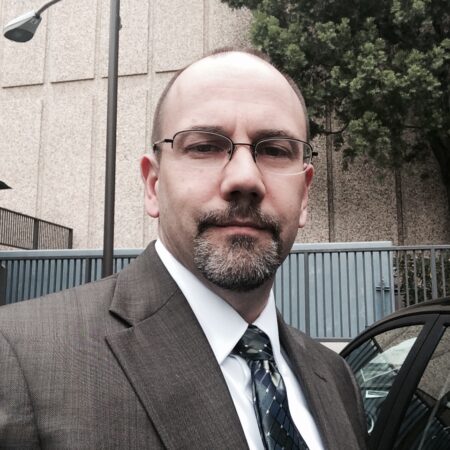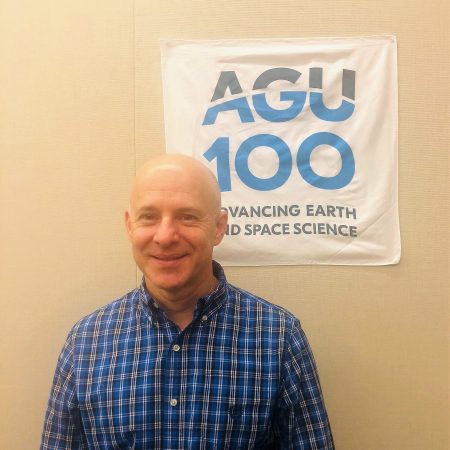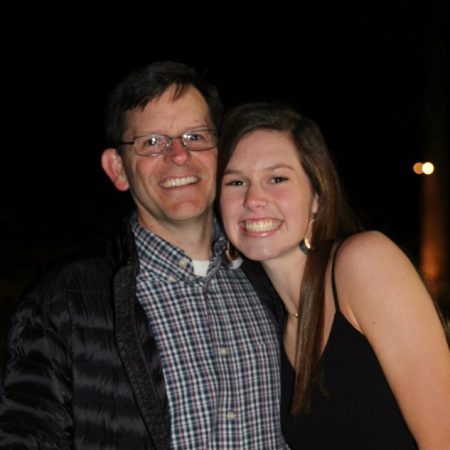Refine
Date Range Clear
Recorded by Clear
Keywords Clear
Partnerships Clear
Organizations Clear
Places Clear
Languages Clear
Initiatives Clear
John Haynes, Program Manager of Health and Air Quality applications in the Applied Sciences Program at NASA headquarters, talks about catching the “weather bug” at a young age. In first grade, he told his teacher that he wanted to be...
Marcia Rieke has had to take a break from her job as a professor of astronomy at the University of Arizona recently because she is currently the principal investigator of the Near Infrared Camera being launched on the James Webb...
Beth Moeller sat down with Ed Kowalchuk just after the Space X Dragon Launch to discuss lessons learned from immigrant parents, his own immigration to the US from Canada, a career at IBM including little known back room experiences from...
Dr. Tori Hoehler is a scientist at NASA Ames, with a background in chemistry and oceanography. He now studies the interaction of microbial communities with their environment, with an emphasis on the habitability of environments beyond Earth and the detectability...
Doug Archer has a rock collection, only he’s never actually held any of the stones, and they are hundreds of millions of miles away on Mars. As a research scientist working with the Curiosity Mars rover in NASA’s Johnson Space...
Nina Fefferman is a professor at the University of Tennessee in Knoxville in the departments of Mathematics and Ecology & Evolutionary Biology, where she is also the director of the National Institute for Mathematical and Biological Synthesis. In her varied...
When Christa Peters-Lidard cold-called the head of NASA’s hydrology lab as an undergrad, she wasn’t thinking she’d eventually land that very position. Now as the Acting Director for Sciences and Exploration at NASA’s Goddard Space Flight Center, Christa oversees several...
As a Program Manager for NASA Headquarters Earth Science Division, Barry Lefer helps fund important global research and field campaigns that are measuring air quality and greenhouse gases. And judging by these studies, Barry thinks the future is looking good!...
James Famiglietti, hydrologist and Director of the Global Institute for Water Security, University of Saskatchewan, discusses his work with NASA's Gravity Recovery and Climate Experience (GRACE) and the evolution of technology throughout his career including its impact on water security....
Ed Weiler only answered to one person when he was the Associate Administrator for Science at NASA Headquarters- the President of the United States. And after decades long career in astronomy, working on everything from the Hubble Telescope to the...
By his own count, Chuck McClain has had six mentors in his career. His first may have been a teacher in Kansas City who took him to his first physics demonstration. Since 1978, he’s worked at NASA Goddard Space Flight,...
Chris Hain from the Short-term Prediction Research and Transition Center helps turn NASA data into information that non-scientists can use. One of his big projects is monitoring plant stress from space, which can give farmers a 2-4 week early warning...
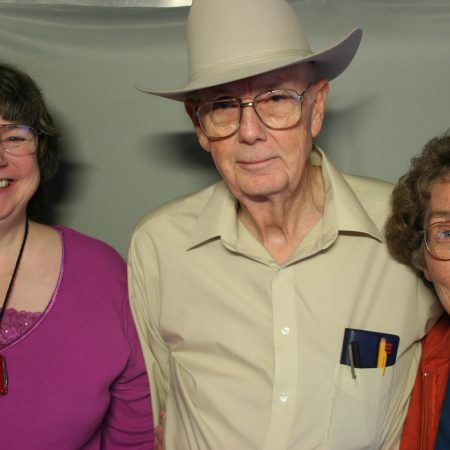
Claudia Crowley interviews her parents Claude and Carolyn Crowley about their careers and personal interests.
Not every scientist can boast about putting an end to Biblical-level plagues. But NASA Senior Earth Scientist Compton Tucker helped to end periodic locust swarms which pop up in dry parts of the world and go onto wreak havoc on...
On the football field, Bob Swap learned to read the field, look at the play, assess the information, and move forward. Today, those same skills help him manage over 250 scientists at the Goddard Space Flight Center with NASA’s Pandora...
Dante Lauretta, Regents’ Professor of Planetary Science and the principal investigator for NASA’s OSIRIS-REx asteroid sample return mission, has been working on bringing back samples from Asteroid Bennu since 2004- and he still has two more years before he might...
Steven Clarke, NASA's Deputy Associate Administrator for Exploration, discusses his life in science and engineering. Currently tasked with bridging NASA's efforts on human and robotic missions to coordinate scientific requirements for going to the Moon and Mars, he has seen...
Craig Kundrot had a hard time narrowing down what type of science he wanted to specialize in, but that ended up being a strength when he became the Division Director for Biological and Physical Sciences at NASA. We talked to...
Phil Shannahan, my great uncle, was the fifth and final child born to John and Virginia Shannahan in 1945. His siblings, Ann, Dave, Jim, and Sharon, provided him with ample love, life tips, protection, and a great relationship. Phil grew...
As the Deputy Director of Planetary Science at NASA, Eric Ianson has his hands full overseeing all of NASA’s planetary science missions. We talked to Eric about learning to navigate press conferences, the gratification of launch day, and maintaining focus...
John Bolten doesn’t need to get his hands dirty to learn about crop yields. Using satellite images, the Associate Program Manager of Water Resources for the NASA Applied Sciences Program has worked with the U.S. Department of Agriculture to directly...
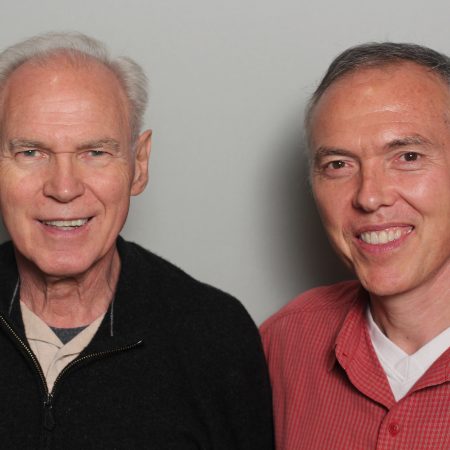
Frederic Bien (56) interviews his friend and neighbor Ekkehart Rausch (74) about Ekkehart's father's life, fighting as a non-supportive German in the Nazi army in World War II, and his eventual emigration to the United States in 1958, where he...
Daniel Irwin’s first direct connection with NASA started in the small town of Flores in Guatemala. Amidst work dodging snakes and spiders in the jungle, he had a chance encounter with a researcher who handed him satellite mapping images of...
Anna Causey interviews her father, Steven Causey, about his life. They discuss his childhood and important events that impacted his life.
